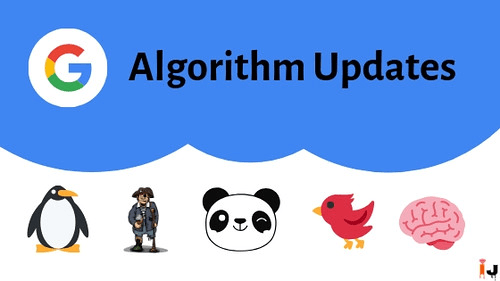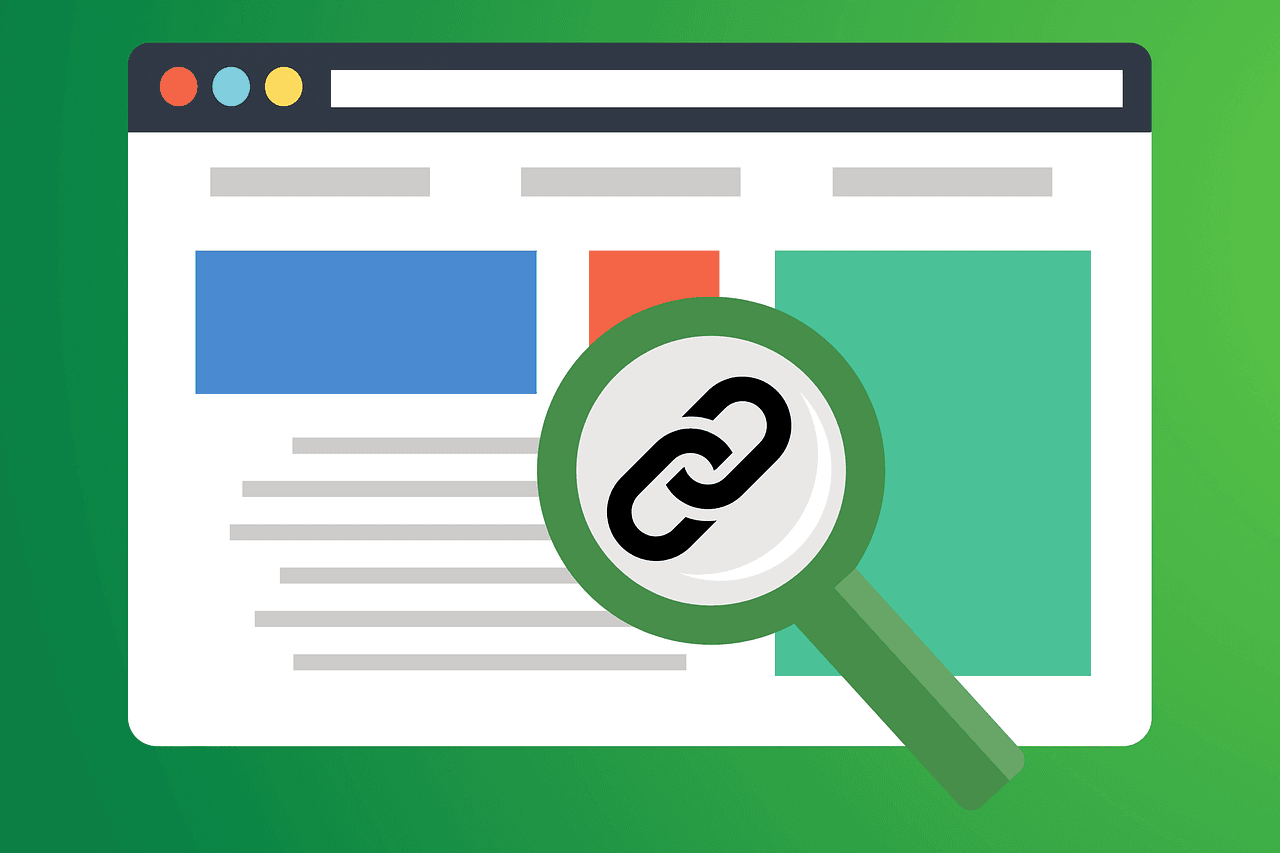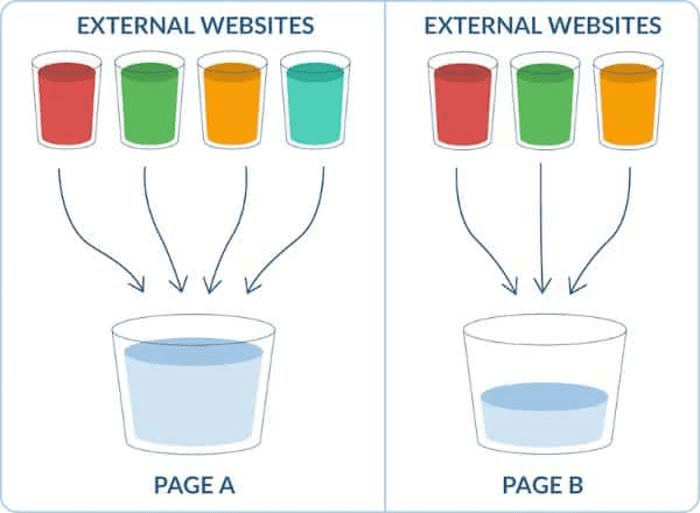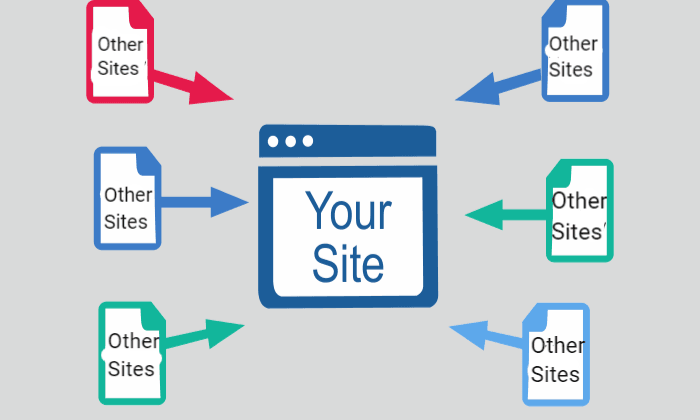The Google Algorithm determines how web pages rank in search results. Understanding its role is crucial for effective SEO. At Keyword Metrics, we break down this complex topic to help you navigate SEO best practices and improve your website’s visibility.
What is the Google Algorithm?
The Google Algorithm is a set of rules and calculations that Google uses to rank web pages in its search engine results. When you search for something on Google, the algorithm determines which pages best match your query and presents them in order of relevance. Think of it as Google’s brain, working behind the scenes to provide the most accurate and helpful results.
How the Google Algorithm Works
Google’s algorithm uses a combination of processes to rank pages. Here are some of the key components:
Crawling and Indexing
Google sends out "bots" (also called crawlers or spiders) to scan the internet and collect information about web pages. This data is stored in Google’s vast index, ready to be retrieved when someone searches.
Ranking Factors
The algorithm evaluates various ranking signals, such as:
- Relevance: Does the page match the user’s search intent? Google assesses whether your content answers the query accurately.
- Quality: Is the content useful, trustworthy, and authoritative? High-quality content that offers real value is favored by Google’s algorithm.
- User Experience (UX): Is the page fast, mobile-friendly, and easy to navigate? Google prioritizes sites that provide a positive experience across devices.
- Backlinks: Are other trusted websites linking to your page? Backlinks from reputable sources signal authority and credibility, boosting your page’s ranking.
- Keyword Optimization: Are your target keywords used strategically in the right places? Proper keyword placement in titles, headings, and content helps Google understand the page's relevance and improves ranking.
Personalization
Google tailors search results based on user behavior, location, and device, ensuring the most relevant results.
Practical Example
If you search for "best coffee shops near me," the algorithm considers your location, the content on nearby café websites, and reviews to display the best options.
Disputed Ranking Factors
Some SEO factors commonly discussed aren't directly part of Google's algorithm, or their impact is unclear. Here are key ones to be aware of:
- Domain Age: Simply having an older domain won't improve rankings; the quality of content built over time matters more.
- Bounce Rate: Although recent leaks suggest bounce rate might influence rankings, Google hasn't confirmed its significance.
- Domain Authority: While many SEO tools use domain authority, there’s no evidence Google directly uses third-party metrics to evaluate site trustworthiness.
- Word Count: There’s no ideal word count for ranking—focus on creating thorough, clear content.
- Keyword Density: Keyword frequency doesn’t directly affect rankings; content relevance and quality are more important than keyword count.
Why the Google Algorithm is Crucial for SEO
The Google Algorithm directly impacts how your website ranks in search results. Here’s why it matters:
- Visibility: Websites optimized for the algorithm are more likely to appear on the first page of search results, where 75% of clicks happen.
- Traffic Growth: A higher ranking means more organic traffic to your site, which can lead to increased leads, sales, or readership.
- Trust and Credibility: Google rewards high-quality, reliable content with better rankings. Following algorithm guidelines ensures your site builds authority.
- Level Playing Field: Even small businesses can rank well by focusing on SEO best practices, such as creating valuable content and earning quality backlinks.
Pro Tips for Leveraging the Google Algorithm Effectively
Stay Updated
Google regularly updates its algorithm, sometimes with major changes (e.g., the Helpful Content Update). Follow reliable sources like Google Search Central to stay informed.
Optimize Core Web Vitals
Google prioritizes pages that load quickly, are stable, and provide a great user experience. Use tools like PageSpeed Insights to improve your site’s performance.
Use Keywords Strategically
Include relevant keywords naturally in your content, titles, and meta descriptions, but avoid overstuffing, as this can lead to penalties.
Focus on High-Quality Content
Google’s algorithm rewards informative, engaging, and original content. Address your audience’s needs and provide actionable insights.
Earn Trustworthy Backlinks
Links from reputable sites signal authority. Build relationships with industry experts to acquire high-quality backlinks.
Monitor Analytics
Use tools like Google Analytics to understand how users interact with your site and identify areas for improvement.
Brief History of Google Algorithm Updates
Google’s algorithm is constantly evolving to improve the quality and relevance of search results while minimizing spammy tactics.
Below are some of the most significant updates that have shaped the algorithm over the years:

Panda (2011)
Focused on penalizing low-quality, thin content and promoting high-quality websites. It aimed to improve search results by reducing rankings for sites with poor content, like keyword-stuffed or shallow articles.
Penguin (2012)
Targeted manipulative link-building practices and keyword stuffing, ensuring that link quality mattered more than quantity. Sites engaging in these tactics were penalized, and Google began rewarding natural, authoritative links.
Hummingbird (2013)
Enhanced Google's understanding of search intent by improving the algorithm's ability to interpret natural language and provide more relevant, conversational results. This update was a major shift toward focusing on meaning rather than just keywords.
RankBrain (2015)
Introduced machine learning to better interpret user queries, particularly those that were new or unusual. RankBrain helped Google better understand the context of a search query and provide more accurate results based on user intent.
Mobile-Friendly Update (2015)
Made mobile-friendliness a significant ranking factor, prioritizing websites that performed well on mobile devices. This update reflected the growing trend of mobile search and the need for responsive, fast-loading websites.
Helpful Content Update (2022)
Focused on rewarding "people-first" content that is genuinely useful to users rather than content created solely to rank well in search engines. This update encouraged websites to provide valuable, high-quality content that answered user questions.
Spam Update (2024)
Strengthened Google’s ability to detect spammy tactics, including the exploitation of expired domains, the publication of low-quality content, and hosting third-party content without proper oversight. The update aimed to improve the search experience by reducing the impact of manipulative SEO practices.
Tools for Understanding and Optimizing Google Algorithm
Several tools can help you optimize your site according to Google’s algorithm. Here are some essential ones:
Keyword Metrics
This tool saves you hours of content auditing by identifying lucrative keywords you're already ranking for. It helps you optimize existing content, improve rankings, and find new keyword opportunities. With weekly email reports and advanced filtering options, Keyword Metrics allows you to scale your SEO efforts efficiently, targeting the right content for growth.
Google Analytics
A crucial tool for tracking website traffic and user behavior. It provides insights into how visitors interact with your site, helping you identify high-performing pages and areas that need improvement. By analyzing data, you can make informed decisions about content updates and SEO strategies.
Google Search Console
This free tool offers detailed insights into how Google crawls and indexes your site. It helps you identify issues such as crawl errors, manual penalties, and keyword performance. Regularly using Google Search Console ensures your website is optimized for better visibility in search results.
Ahrefs
Known for its comprehensive suite of SEO tools, Ahrefs helps with backlink analysis, keyword research, and site audits. It allows you to track your rankings, analyze competitors, and find opportunities to improve your content strategy. Ahrefs is particularly useful for building a strong backlink profile and discovering content gaps.
FAQs about the Google Algorithm
Q. What happens if my site doesn’t follow Google’s guidelines?
A. If your site violates Google’s guidelines (e.g., using spammy tactics), it could be penalized, leading to a drop in rankings or removal from search results.
Q.How often does Google update its algorithm?
A. Google updates its algorithm hundreds of times each year, but only a few are significant enough to impact rankings noticeably.
Q. How can I recover from an algorithm penalty?
Focus on creating high-quality, user-focused content, eliminate spammy tactics, and ensure your website follows Google’s SEO guidelines to improve rankings.
Related Glossary Terms to Explore
- Keywords: Master the art of keyword research and optimization.
- Search Intent: Understand the importance of aligning content with user intent.
- SEO Algorithm: Learn how various search engine algorithms work together to influence rankings


